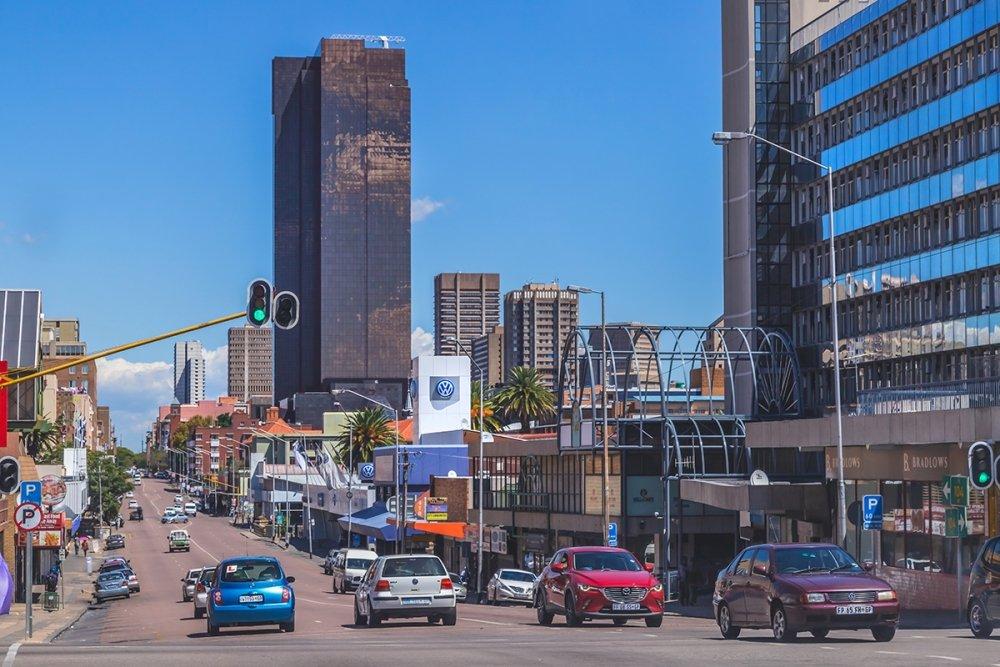- Through the African Finance Corporation (AFC), six lenders from the Middle East and Asia join a syndicated loan plan backing the infrastructure financier.
- The move aims to strengthen the AFC’s coalition of investors and global capital market access.
- The funds raised will support AFC in furthering its mission of fostering economic growth and the development of Africa’s infrastructure.
A total of six banks from the Middle East and Asia have raised a combined $625 million in syndicated loans to finance Africa’s infrastructure under the African Finance Corporation (AFC).
Through the AFC, Gulf Bank, National Bank of Ras Al-Khaimah, China CITIC Bank Corporation, Qatar National Bank, Doha Bank and Industrial Bank of Korea Limited joined the syndicate as first-time lenders throwing their weight behind Africa’s leading infrastructure solutions financier.
AFC powering Africa’s infrastructure
The move will strengthen the AFC’s coalition of investors and access to global capital markets.
“Our ability to tap global financial markets despite challenging macroeconomic conditions continues unabated, demonstrating investor confidence in AFC’s strong credit risk profile and broadening global appeal,” Senior Director and Treasurer of AFC Banji Fehintola said.
He added that the funds will support AFC in fostering economic growth and rapid development of Africa’s infrastructure. These initiatives will continue while ensuring optimal value addition for the continent’s vast resources.
Read also: How wars in Africa are sucking billions from poor economies
Despite a challenging macroeconomic environment marked by high-interest rates, $625 million in funding is a testament to AFC’s creditworthiness. The loan also came amid tight financial conditions, capital outflows, and a strong US dollar.
The transaction was upsized from an initial $500 million following an oversubscription of 61 per cent, reflecting strong demand from investors.
AFC footprint across Africa
First Abu Dhabi Bank PJSC, FirstRand Bank Limited (London), ICBC (London) Plc., Mashreqbank PSC (acted as agent), MUFG Bank, Ltd., Standard Chartered Bank, and SMBC Bank International Plc were the lead arrangers and book-runners on the three-year syndicated loan.
Already, AFC’s footprint spans 40 member countries in Africa. The lender manages a project pipeline that blends positive social and environmental impact with superior risk-adjusted returns.
Infrastructure development is a critical challenge and priority for many countries in Africa. Adequate transportation infrastructure is vital for economic integration, trade, and mobility. Africa has invested in road networks, railways, ports, and airports to improve connectivity within and between countries.
The development of regional transportation corridors and cross-border infrastructure projects aims to enhance trade and facilitate the movement of goods and labour.
The AFC posted a strong performance in its latest financial year, with total assets growing 23 per cent to $10.5 billion. At the same time, the lender achieved its five-year growth target a year early. (Clonazepam)
AFC also made over $1.5 billion in net borrowings during FY2022. At the same time, it expanded bilateral relationships in the international loan market, diversifying its funding sources.
According to the IMF, inflationary pressures and tighter monetary policies have seen borrowing costs for African countries ratchet up. Consequently, this scenario is piling pressure on exchange rates across economies.
Additionally, the interest burden on public debt is rising owing to a greater reliance on expensive market-based funding and a long-term decline in aid.
Economic recovery interrupted
“The lack of financing affects a region already struggling with elevated macroeconomic imbalances. Public debt and inflation are at levels not seen in decades. Double-digit inflation in about half of the countries erodes household purchasing power and strikes the most vulnerable. In this context, the economic recovery has been interrupted,” the IMF explained in April 2023 outlook.
Read also: Ghana looking for $10.5 billion in external debt relief package — IMF
Growth in sub-Saharan Africa will decline to 3.6 per cent this year, the IMF projects.
“The funding squeeze will also impact the region’s longer-term outlook. A shortage of funding may force countries to reduce resources for critical development sectors like health, education, and infrastructure, weakening the region’s growth potential,” the IMF noted.
